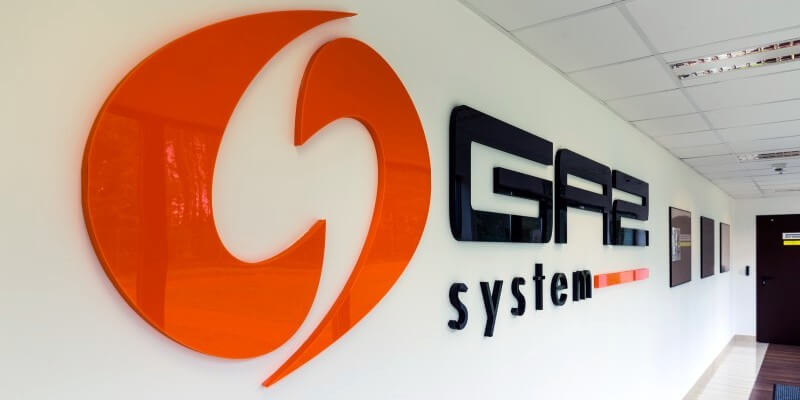Today the times for hard coal are a lot better, but the situation has to be assessed differently for Jastrzębska Spółka Węglowa (JSW) and for the steam coal industry. The situation at the Bogdanka mine is different than at the Silesia mine, it is different for Tauron Wydobycie and for Polska Grupa Górnicza (PGG) – writes Janusz Steinhoff, former Deputy Prime Minister and Minister of the Economy.
JSW has achieved an incredible success of PLN 1.43 bn of net profit in comparison to PLN 150 m net loss last year. The company’s management announced the price of coking coal increased by over 135 percent in the first half of the current year in comparison to the same period in 2016. This success has two causes. Firstly, JSW is efficiently managed after undergoing restructuring. Secondly, the market is witnessing a huge demand from the steel industry and a huge price increase of the coking coal. Most probably JSW will generate this year a profit over PLN 2 bn. Just like the times of an economic boom.
However, JSW, unlike any other coal company in Poland depends on the state of the international steel industry. The current boom may not last long and JSW has to already prepare for much worse times. It seems the current government is pursuing a rational policy by buying up bonds before the deadline in order to ensure financing in the long-term.
PGG is facing problems with production caused by the fact that the previous government (PO-PSL) failed to invest in new deposits. The Group will find it hard to cope with these issues and meet its plans to extract 32 m tons of steam coal. However, after a deep restructuring PGG had a net profit of PLN 8 m in the first half of the year. If it invests in new deposits and if the steam coal price increases in the markets to over USD 80, PGG will have a stable future. However, it seems the Polish market will not avoid import. The question remains where the coal will come from.
A better market situation and hard coal mining’s good results have to be used to invest in restoring production and further restructuring of the sector. The reforms have to be ongoing. Mines that are permanently unprofitable because of economic reasons, or mines which are running of out of coal have to be shut down. At the same time it is necessary to invest in new resources and mines that have a future. We must also get ready for a time when international prices will drop again, which means we have to remember that restructuring is an inherent feature of mining’s good management. Irrational earning demands cannot be given into. Instead we need to pursue changes in work organization that will make it possible to increase competitiveness and efficiency. The way it happened at the Bogdanka and Silesia mines. It is worth to follow the example of Silesia and go back to a six-day work week for mines while keeping a five-day working week for miners.






